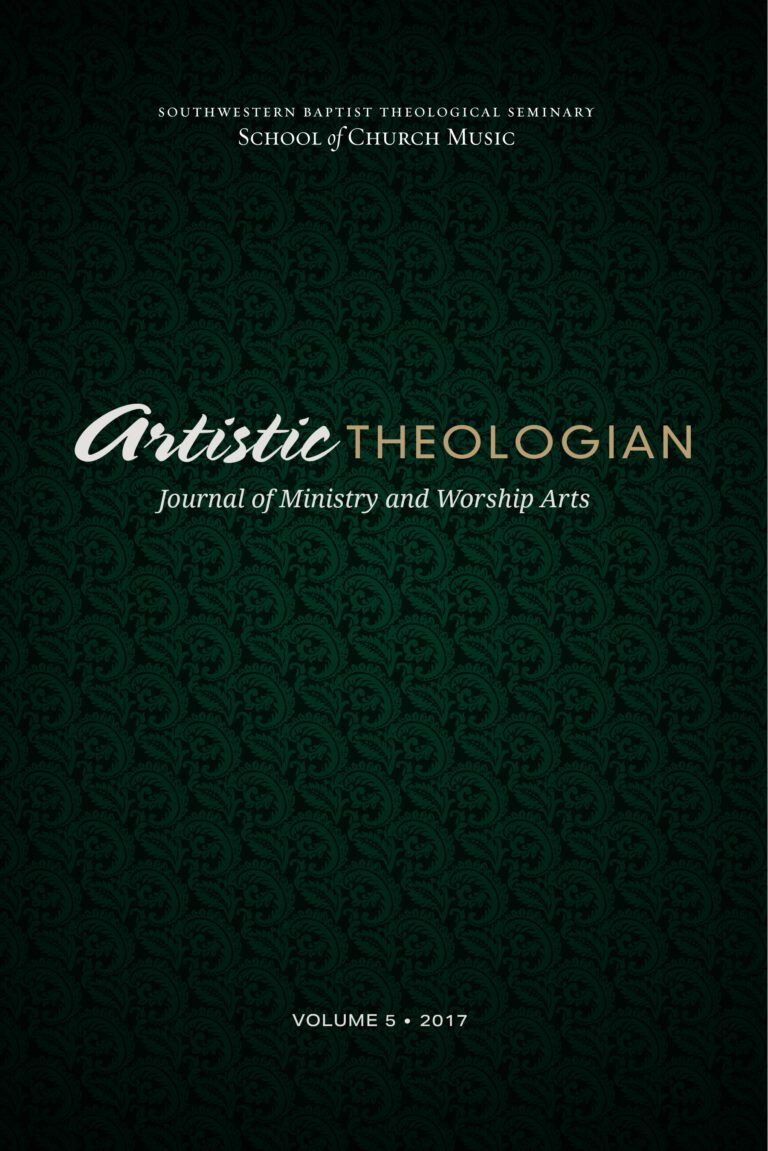
Forming Disciples through Corporate Worship
Artistic Theologian
Volume 5, Summer 2017
Editor-in-Chief: Scott Aniol
Against the Gods: The Polemical Theology of the Old Testament, by John D. Currid. Wheaton, IL: Crossway Books. 2013. 141 pp. $17.99.
Over the last two centuries, archaeological discoveries in the Near East have uncovered a multitude of similarities between Hebrew culture and the surrounding pagan cultures. Surprisingly, many religious parallels have also been uncovered, leading many scholars and theologians to question the relationship between the Old Testament and the ancient Near East. Did the Hebrew authors borrow from pagan religion and change it to fit their beliefs, contextualizing the Bible to their time? Did the Hebrew God evolve from the gods of the surrounding cultures? Is Judaism merely the result of syncretism or worse, pure invention? John D. Currid, Professor of Old Testament at Reformed Theological Seminary and Project Director of the Bethsaida Excavation Project in Israel, offers a compelling alternative view that can help the reader better understand and interpret the Old Testament. He argues that the similarities between the biblical accounts and pagan writings were deliberate, carefully chosen parallels designed as a polemic against the Canaanite religions in order to reveal the true power and authority of the only God, Yahweh.
Polemical theology, a much neglected area of research, is “the use by biblical writers of the thought forms and stories that were common in ancient Near Eastern culture, while filling them with radically new meaning” (25). The trend of modern scholarship, Currid says, is to emphasize the similarities to the neglect of their foundational differences (23). Polemical theology attempts to highlight the profound distinctions, which reveal a deeper level of worldview, theology, and belief, drastically different from the surrounding pagan nations (57). Currid demonstrates that the biblical writers were thoroughly knowledgeable of the surrounding pagan cultures and religions, and they purposefully used parallels to critique pagan practice and contrast Yahweh, the one true God.
Unlike all the surrounding nations, which were rampantly polytheistic, the Hebrews were staunchly monotheistic. The gods of the pagan mythologies were created in the image of mankind, saw man as their slaves, and often behaved no better than humans themselves. By contrast, the God of the Hebrews created man in his image, values mankind as essential to the universe, and is the one who wills, initiates, and acts rightly (61). Furthermore, the religious literature of the Canaanites and Egyptians is written as mythology and accepted as mythology; the biblical writers wrote as recording actual historical events, “accentuat[ing] the work of Yahweh that was done in history over against what was merely accomplished in the imagination of the [pagan] writer” (126).
Currid compares the biblical accounts of Creation, the Flood, Joseph and Potiphar’s wife, Moses and the Exodus, as well as examples from 1 Samuel, Isaiah, and the Psalms, to newly discovered literature of the surrounding Canaanite and Egyptian nations. The similarities are so striking and numerous that Currid says it cannot be mere chance; rather, he argues that the biblical authors deliberately paralleled key elements of pagan religions not only to expose the false nature of the pagan gods and reveal the true God, Yahweh, but to mock and humiliate them as inferior impostors, revealing the Hebrew religion to be ultimately superior. Two examples of this are Moses’s staff and the serpent – two objects venerated in Egyptian culture as representing authority and power. Moses, however, carried a mere shepherd’s staff (the Egyptians hated shepherds), which he threw down to become a snake (like the one adorning Pharaoh), which then proceeded to swallow the snakes of the Egyptian magicians, symbolizing to them not only a greater power, but assumption of their own power and authority, all of which both the Egyptians and Israelites would have understood. Thus, the biblical author shows through polemic that the one true God, Yahweh, triumphs and rules over the Egyptian false gods and the entire universe (119).
Currid presents a wealth of ancient Near East texts and accounts of biblical parallels in this work, explaining the polemical significance of each example. He gives a thorough introduction to polemical theology and makes a convincing case for viewing the Old Testament through a polemical lens as a means of gaining deeper insight and understanding. However, although he alludes to it, he does not contend that the source of cultural and religious commonalities is a common origin, that because Yahweh created all mankind, it is natural to understand how similar accounts would be passed down through generations, and then God set the record straight in his revelation of himself to the Hebrews. Instead, he puts the weight of responsibility on the choices of the biblical authors drawing parallels, rather than God himself choosing to reveal himself in parallels to show his ultimate superiority. But perhaps Currid avoids this argument intentionally to limit his book to contrasting biblical writers with other pagan writers of the ancient Near East, emphasizing the reasons for the similarities.
Against the Gods: The Polemical Theology of the Old Testament is an important work for conservative Christians because it uses scientific study of archaeological findings to support the authenticity of the Bible. It is also instructive for those who take a more liberal approach to the Bible. This is invaluable at a time “when a considerable number of scholars seek to diminish the originality and uniqueness of the Old Testament” (141). Students and scholars, ministers and lay persons will find this volume informative, engaging, and compelling.
Sarah Teichler
Southwestern Baptist Theological Seminary





